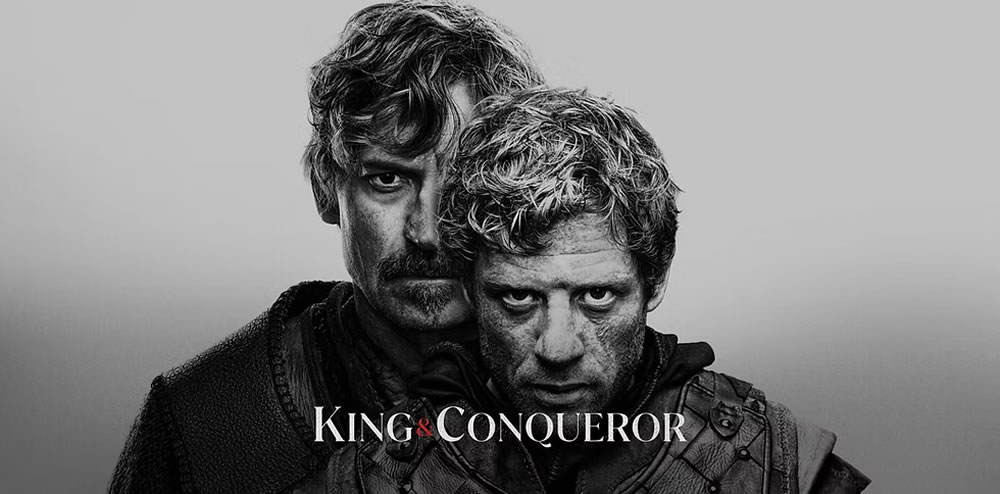
Introduction
The roles of kings and conquerors have profoundly shaped human history, influencing cultures, legislation, and societal structures.
The Historical Significance of Kings and Conquerors
From ancient civilizations to modern monarchies, kings have often been viewed as symbols of power and authority. Throughout history, conquerors such as Alexander the Great and Genghis Khan expanded their empires through warfare, solidifying their legacies. These figures not only changed the boundaries of nations but also introduced new cultures, technologies, and philosophies.
Recent Discussions in Historical Scholarship
Currently, historical scholars are examining the contrasting roles of kings as both figureheads and military leaders. The rise of nationalism in the 19th century has also prompted debates about the legacy of historical conquerors. Critics often question the morality of territorial conquests, while supporters argue that such actions have led to significant technological and cultural advancements.
Modern-Day Monarchy and Leadership
In contemporary society, the concept of kingship has evolved, with many monarchies now existing within constitutional frameworks. For instance, King Charles III of the United Kingdom now symbolizes stability and continuity rather than militaristic power. Simultaneously, modern leaders are often scrutinized for their decision-making, particularly in military contexts, resembling historical conquerors more closely than ever.
Conclusion
In summary, the examination of kings and conquerors continues to play an essential role in understanding our past and present. Their influence extends beyond military conquests into realms of culture and governance, highlighting the complexities of leadership. As we move further into the 21st century, the discussion around their legacies will likely continue, shaping how future generations view leadership and power.



